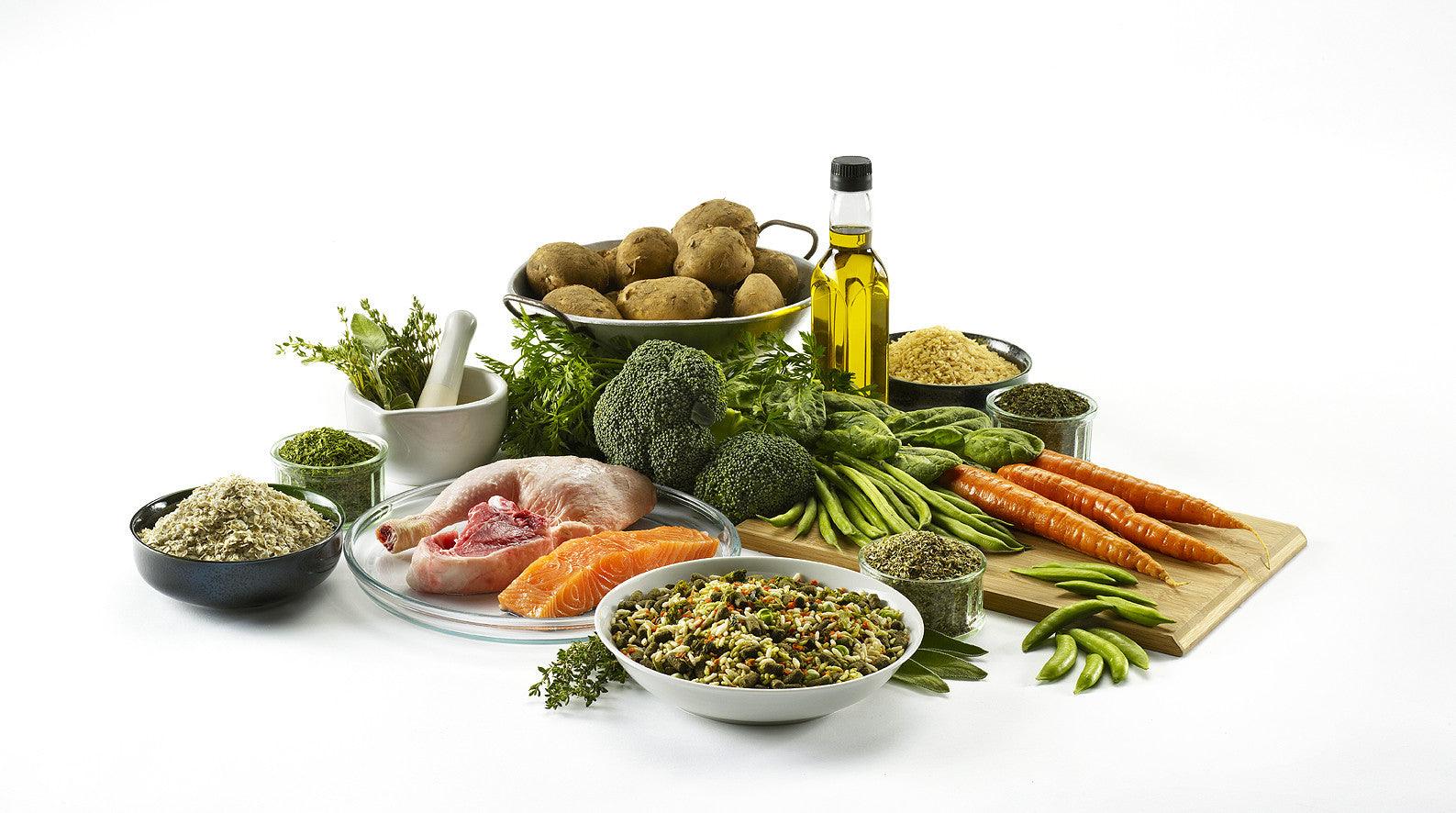
Tips for an anti-inflammatory food diet
Inflammation is part of the body’s autoimmune response. It is needed for healing but too much inflammation can often have negative side effects, increasing dry skin conditions such as Psoriasis and Eczema. To ensure your body stays on the healthy side of inflammation and to treat skin with plenty of vitamins and minerals, here are some tips on how best to create an anti-inflammatory diet:
Oily fish
Oily fish, like salmon, mackerel, tuna and sardines, are high in omega-3 fatty acids, which have been shown to help reduce inflammation. Oily fish also has additional benefits such as increasing heart health, improving skin condition and making hair and nails stronger
Leafy Greens
Vitamin E is a crucial vitamin for skin repair and is one of the key ingredients we use in our skincare products. Dark, leafy greens such as spinach, broccoli, greens and kale contain high levels of Vitamin E which protect the body from inflammatory molecules called cytokines. Try to add them to every meal, with 50% of the plate filled with different coloured variations of fruit, salad or vegetables.
Peppers
Brightly coloured peppers contain antioxidants, which help to protect skin from free radicals; the nasties our skin is exposed to everyday due to pollution and environmental emissions.
Tomatoes
Red tomatoes are rich in lycopene, which some studies have shown to beneficial in reducing the risk of Cancer, due is its anti-inflammatory properties. Cooked tomatoes contain just as much and sometimes more lycopene than raw ones, so tomato-based sauces made from scratch, raw and grilled tomatoes could all benefit your skin and reduce inflammation.
Garlic
Garlic is known to shut off pathways within the body that lead to inflammation and has been used in Mediterranean recipes for centuries, both raw and cooked in recipes, for its heart-healing anti-inflammatory properties.
Berries
All fruits help fight inflammation but berries such as Rasberries, Blackberries and Strawberries in particular are beneficial as they are high in antioxidants and have anti-inflammatory properties. This is thought to be due to anthocyanins - the chemicals that gives them their rich red and purple colourings.
What are your favourite tips and foods for an anti-inflammatory diet? Comment below and let us know.



Leave a comment
This site is protected by hCaptcha and the hCaptcha Privacy Policy and Terms of Service apply.